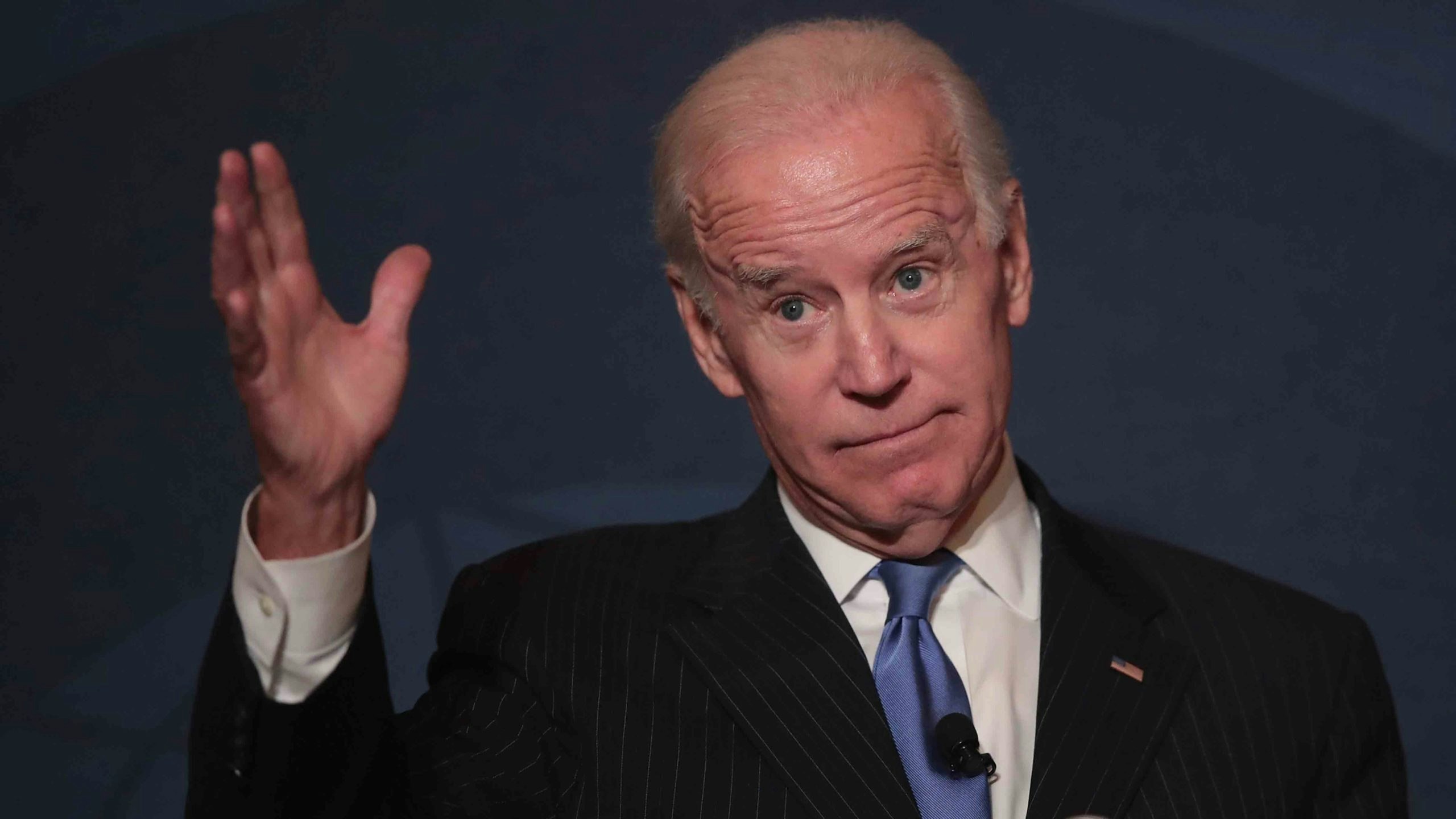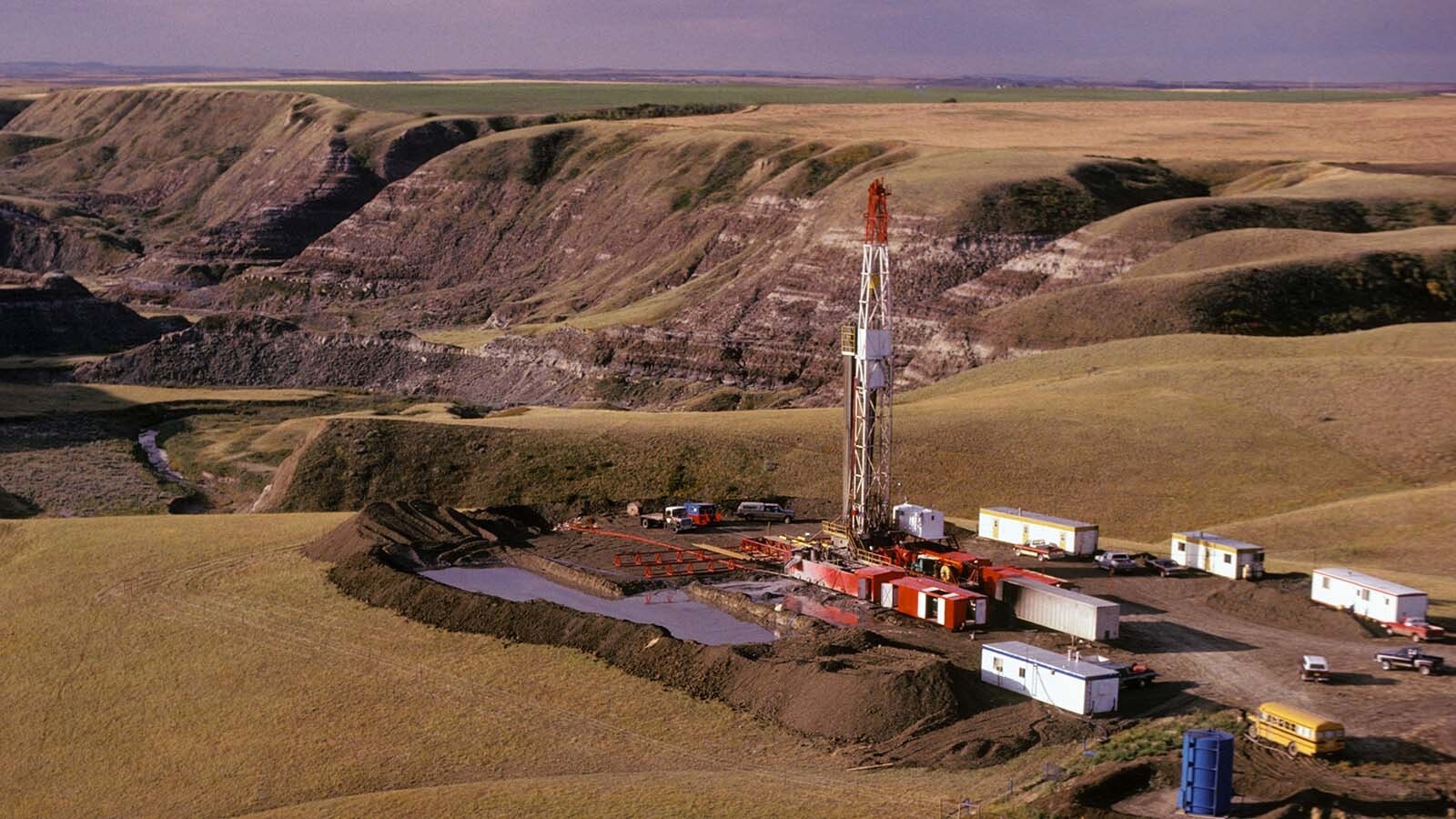U.S. District Judge Scott Skavdahl of Wyoming rejected oil-industry court challenges on Friday, upholding that the Biden administration legally postponed federal lease sales scheduled for the first quarter of 2021.
The federal ruling could have far-reaching impacts on the future of federal oil and gas lease sales.
Due to the timing of the filing of the lawsuit by its plaintiffs, the judge’s ruling did not consider the delays on second-quarter lease sales.
Shortly after taking office, President Joe Biden issued a nationwide moratorium temporarily pausing federal oil and gas lease sales. The goal of the review was to allow the Bureau of Land Management to further consider potential environmental impacts from the sales.
The U.S. Department of the Interior paused lease sales in the first two quarters of 2021 after the executive order was issued, and the State of Wyoming joined with the Western Energy Alliance, a regional trade association, and the Petroleum Association of Wyoming, in challenging the delayed sales.
Ryan McConnaughey, director of communications for the Petroleum Association of Wyoming, called the ruling “really disappointing” and “incredibly frustrating for the industry.” He said the ruling was in line with what anti-oil and -gas special interests were expecting from the administration.
“The ruling gives President Biden another arrow in his quiver to end oil and natural gas development on federal lands,” McConnaughey said.
McConnaughey said the ruling will allow the Bureau of Land Management to indefinitely delay lease sales while environmental reviews are conducted, with no mechanism to hold the agency to any deadlines.
The decision, he added, could cause ambiguity in what goals and objectives need to be met in the environmental reviews to allow lease sales to proceed. He said this uncertainty will be used to impede development on public lands.
“We don’t have a good answer to that, and I think that’s by design,” McConnaughey said.
For environmental groups, the ruling was a victory. Shannon Anderson, staff attorney for the Powder River Basin Resource Council, said it will facilitate better decision making from federal agencies.
“What it [Skavdahl’s decision] will do is give the agency time to adequately review the oil and gas leasing program, and make sure it will have the terms and conditions that are important to protect communities, people, public lands, and the environment,” Anderson said.
Anderson disputed that the decision would result in indefinite delays. She said lease sales were held last June, and operators hold 13 million acres of leases on public lands — though she noted there are separate legal challenges to those June sales.
Most mineral rights in other states, such as North Dakota, are held privately, making it easier for oil and gas production to proceed without federal involvement. That’s not the case in Wyoming. With Wyoming’s reliance on federal lands for oil and gas development, the ruling would have a “significant impact,” McConnaughey said.
Besides the legal challenges holding up development on existing leases, McConnaughey said, there are a number of other difficulties that prevent acres from being developed.
The ruling will eventually impact all operators in the state, McConnaughey warned, but the first and hardest to be impacted are small operators, which make up the majority of those producing in Wyoming.
These small players don’t have the capital for large multi-year outlays for development, so they need those quarterly lease sales to keep operating. When those existing leases are done it will be difficult or impossible for those companies to keep operating.
“They’ll be in a world of hurt when they can’t get new leases from the federal government,” McConnaughey said.
Skavdahl’s ruling determined, since the Department of Interior had made no final determination to postpone the second-quarter lease sales when the industry groups filed their petitions in the first quarter of 2021, they had no standing to claim the department was wrong to postpone those sales.
Skavdahl said only Wyoming had standing to challenge the department’s first-quarter lease sales since the state filed its lawsuit following the official postponement of the first-quarter sales.
In its suit, Wyoming had argued the department’s postponement violated the National Environmental Policy Act (NEPA), and the Federal Land Policy and Management Act, arguments Skavdahl rejected. In the order, the judge said there’s plenty of evidence that, in light of several recent court decisions, the initial environmental reviews for the proposed lease sales wouldn’t hold up to legal scrutiny and further review would be needed.
These other cases, Skavdahl said in his order, “created a cloud over the sufficiency of many of the existing environmental assessments.”
McConnaughey said this means that the issues won’t be resolved without Congress fixing the process. The goal of NEPA, he explained, was to foster “safe and sustainable development, rather than shutting development down completely.”
Anderson said the ruling doesn’t end federal lease sales and will ultimately clarify agency authority to manage resources sustainably.
“This case was really about BLM’s authority. And it really did affirm that the agency has discretion when and how it should proceed with oil and gas leasing, which is really important, because they’re the manager of the public’s resources,” Anderson said.
McConnaughey said the association, the state, and industry partners are still reviewing the ruling and haven’t decided on whether or not to appeal the decision.
“Stay tuned,” he said.





